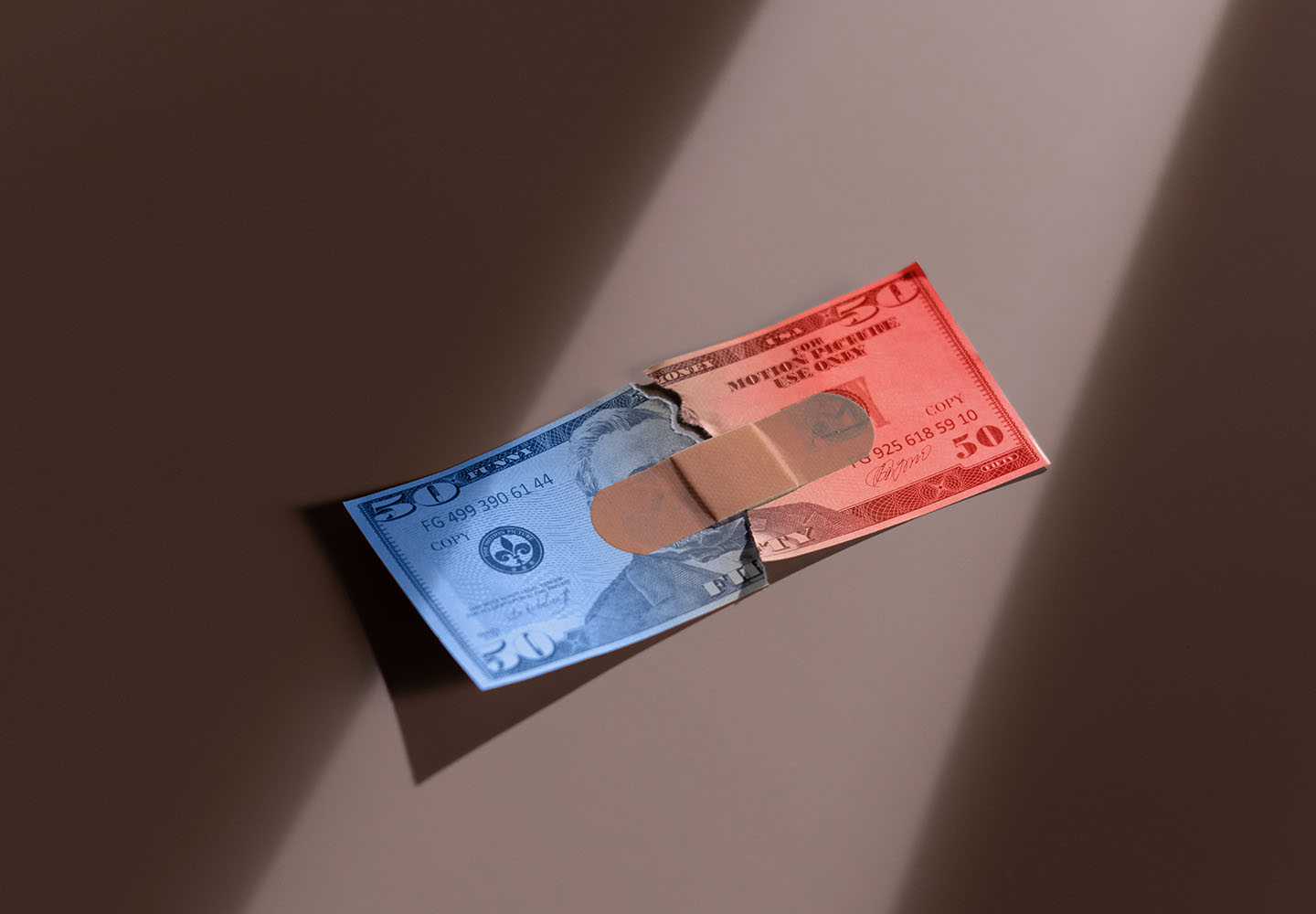Despite all evidence to the contrary, if you’re watching politicians debate crucial issues of the day, it may appear that “bail reform” is a nuclear option that political parties either attack or avoid altogether. Splashy headlines during election seasons particularly highlight their differences, painting a picture of Republicans lambasting Democrats for supporting change in cash bail systems and Democrats quickly back-tracking from their voting records on the issue.
But these moments do not accurately reflect the everyday political realities of bail reform. Many Republicans and Democrats agree that the cash bail system does not reflect American values, does not protect public safety, and needs change.
The extraordinarily high, though often overlooked, costs of cash bail can equally shock both sides of the aisle. Cash bail creates a two-tiered justice system, splitting the criminal justice system into two separate and unequal processes: one for those who have money and one for those who do not. People who can afford bail return home to their families, jobs, and lives where they can prepare to fight their case from a position of freedom. People who cannot are left behind bars for the duration of their case — often lasting months or even years. During that time, they can lose their jobs and homes, be separated from their children, and endure the daily trauma that life in jail brings.
This broken system undermines both conservative and liberal values, resulting in strong arguments for bail reform from both Republicans and Democrats.
When fighting for bail reform, Republicans often highlight:
- Wealth-based detention undermines individual liberty: since pretrial release under a cash bail system sets a price tag for freedom, it keeps Americans behind bars simply because they cannot afford the amount set by an overreaching government.
- Cash bail systems risk public safety: the cash bail system releases anyone who can afford their bail amount, even if they pose a danger to the community.
- Incarcerating so many people pretrial is fiscally irresponsible: Taxpayers spend $14 billion each year to incarcerate legally innocent people. When factoring in the impact of pretrial detention on families, communities, and society, the true economic cost of this system has been estimated to approach $140 billion annually.
When advancing bail reform, Democrats generally emphasize:
- Cash bail practices violate Americans’ constitutional rights: As applied in many jurisdictions across the country, liberals often stress that common cash bail practices violate our rights to due process and equal protection, the prohibition against excessive bail, and the right to a speedy trial guaranteed by the U.S. Constitution – blatantly undermining the presumption of innocence.
- Low-income people cannot afford the price of their freedom: Cash bail amounts are often set at extraordinarily high amounts — in 2015, courts set a $10,000 median bail for people facing a felony accusation, while the median annual income for a person in pretrial detention that year was merely $15,109.
- Money bail disproportionately harms communities of color: Cash bail has particular consequences for people of color, whom the system gives higher bonds and detains at disproportionately higher rates, exacerbating racial injustice within the criminal justice system.
Motivated by versions of the arguments above, policymakers in blue, red, and purple jurisdictions alike have enacted bail reforms. For example, in 2023, Illinois became the first state in the country to completely eliminate cash bail when it implemented the Pretrial Fairness Act to eliminate wealth-based differences in criminal cases. A few years earlier, deep in the heart of Texas, Harris County courts concerned by the potential constitutionality of cash bail decided to limit its use for misdemeanors, which has since reduced pretrial incarceration and improved court return and rearrest rates simultaneously.
Despite agreement within the political parties that the cash bail system is broken, politicians continue to lob insults across the aisle around the issue. But policymakers must work together to find a solution when liberty is at stake.
Fortunately, hope is on the horizon. The Michigan Legislature is poised to pass bipartisan bills (HBs 4655-4662) to reform their pretrial process into a fairer and safer system – an inspiring move that would encourage political collaboration across the country. It’s time to reimagine a world without broken cash bail systems, where freedom is truly free.
Thank you for reading and your willingness to engage in a complicated and urgent issue. In addition to providing immediate relief by offering bail assistance, we at The Bail Project are working to advance systemic change. Policy change doesn’t happen without the support of people like you. If you found value in this article, please consider taking action today by donating.












